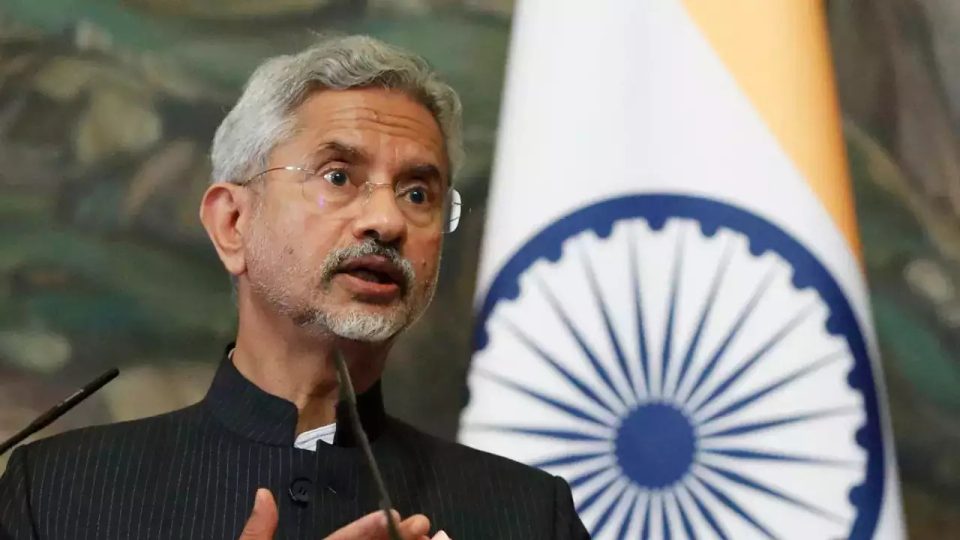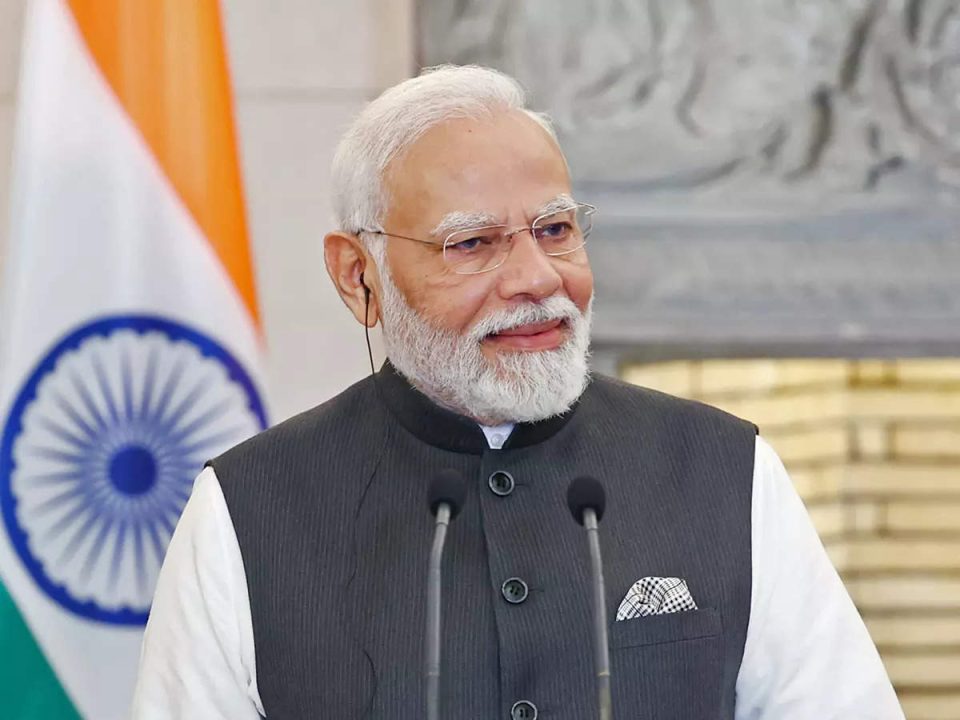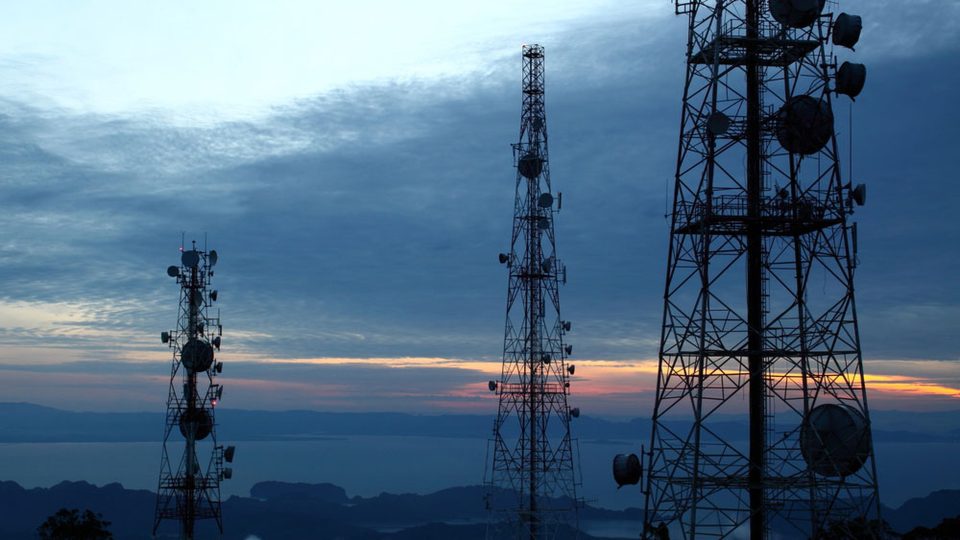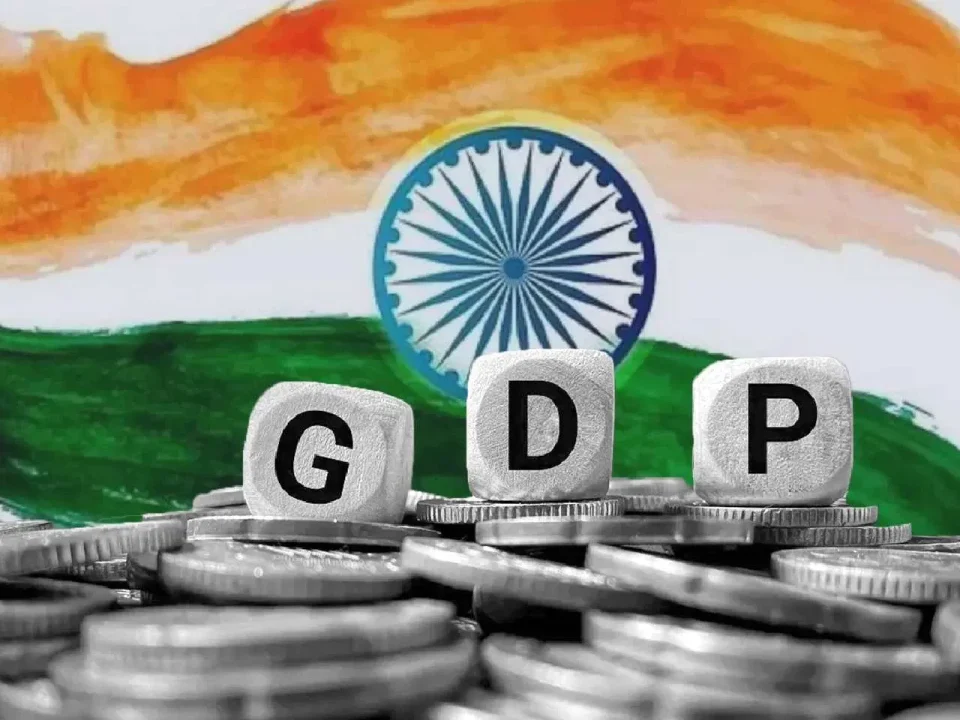India looks forward to returning to the United Nations Security Council, External Affairs Minister S Jaishankar said here on Thursday as he announced the country’s candidacy for non-permanent membership for the 2028-29 term.
Jaishankar arrived here on Tuesday to preside over two signature events on counter-terrorism and reforming multilateralism during India’s current presidency of the UN Security Council. India is elected as a member of the world’s 15th highest body for a two-year term.
Speaking to reporters at the UNSC after presiding over the anti-terrorism signature event, Jaishankar said that December is the last month for India to serve as a current member of the Security Council. This is the eighth time that India has become a non-permanent member of the body.
India’s first eight terms on the council were 1950-1951, 1967-1968, 1972-1973, 1977-1978, 1984-1985, 1991-1992 and 2011-2012.
On December 1, India assumed the monthly presidency of the Security Council. This is India’s second presidency of the UN Security Council during its two-year term as a member of the UN Security Council after August 2021.
India, whose 2021-2022 tenure on the Security Council ends on December 31, has been at the forefront of calls for urgent reform of the UNSC, which remains deeply divided on how to respond to current challenges.
India claims that the council in its current form does not reflect today’s geopolitical realities and that its credibility is at risk if a developing power like India does not have a permanent seat at the UNSC.












